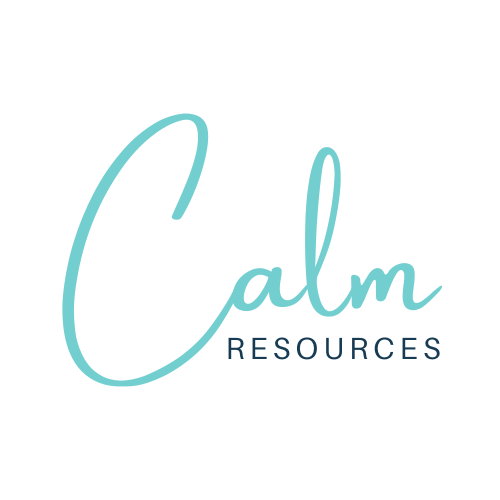Over the last decade, I’ve made a conscious effort to develop positive habits to manage anxiety and support my mental health. And while everyone’s journey with anxiety is different, these habits can be helpful for many, providing practical tools that you can incorporate into your daily routine.
1. Recognising the Warning Signs and Responding with Positive Habits
The first step in managing anxiety is being aware of how you’re feeling. I like to think of anxiety as a warning signal, a reminder that it’s time to take action and use one of my positive habits. This could be anything like a racing heart, tight chest, headache or feeling on edge. Once you identify these signs, it’s time to respond with tools that will help you feel better.
This is where my Anxiety Toolkit comes in, a key component of everything I do. When we become aware of our triggers and symptoms, we can use that knowledge to guide us towards the right tools at the right time. This has been invaluable to me and many others in managing anxiety.
2. Rest and Recovery
One of the most underrated yet essential habits is ensuring that you rest when needed. Rest doesn’t just mean taking a nap or sleeping, although sleep is incredibly important for healing. Rest can also mean giving yourself the space to unwind, whether that’s taking a break during the day or having an early night. I’ve found that it’s easy to feel like we have too much to do and not enough time to rest. But in reality, making time for rest is essential. If you push yourself too hard, it’s difficult to function at your best. Taking care of yourself first will make everything else feel more manageable.
3. Mindfulness: Staying Present in the Moment
Mindfulness has become one of my go-to habits for managing anxiety. It’s a practice that doesn’t require a lot of time and can be incorporated into daily activities. There are many ways to practice mindfulness, but two of my favourites are simple yet effective.
- The 5-4-3-2-1 Technique: This mindfulness exercise involves focusing on your surroundings by identifying:
- Five things you can see
- Four things you can touch
- Three things you can hear
- Two things you can smell
- One thing you can taste
This technique pulls you out of your anxious thoughts and helps ground you in the present moment.
- The A to Z Game: This is another mindfulness activity, where you work through the alphabet, finding something in your environment that starts with each letter. It’s a fun, engaging way to stay present and can be great for families or anyone who needs a distraction.
Both of these exercises can be done anywhere, on public transport, in a supermarket or at work, making them convenient tools for anytime anxiety strikes.
4. Journaling: A Powerful Tool for Clarity
Journaling is by far my favourite habit to help manage anxiety. The flexibility of journaling makes it a great tool, you can use it for everything from processing your feelings to tracking gratitude or doing brain dumps to clear your mind. For me, having a journal with prompts that I can follow daily has been transformative. I use my Stand Up to Anxiety Journal, which includes all the prompts I know work best for managing my anxiety. It’s a tool I reach for every night and the process of reflecting before bed has made a huge difference to my mental wellbeing.
Journaling doesn’t need to take long, five or ten minutes before bed can make a huge difference, especially when it helps clear your mind and sets you up for a restful night’s sleep.
5. Talking to Someone: Don’t Keep It All Inside
One of the most powerful things we can do when we’re feeling anxious is to talk to someone we trust. Sometimes, we’re taught growing up to hold back our feelings or to not express our worries. But expressing how you feel is one of the best ways to relieve anxiety. Talking it through with someone you trust, whether a friend, family member or a therapist, can help lighten the emotional load.
If you don’t feel like you have someone to turn to, it’s really important to seek professional help. I did so when I realised I needed support and it was the start of my understanding of anxiety and how to manage it.
Conclusion
These positive habits have been a key part of my journey to understanding and managing anxiety. Rest, mindfulness, journaling and talking to someone are all habits that, when practiced consistently, can help reduce anxiety and improve overall mental wellbeing.
If you’re struggling with anxiety, I encourage you to try incorporating one or more of these habits into your routine. It may take time to see results, but trust me, every small step counts.
What about you? What positive habits help you manage your anxiety? Leave a comment below to share your thoughts—I’d love to hear from you.

